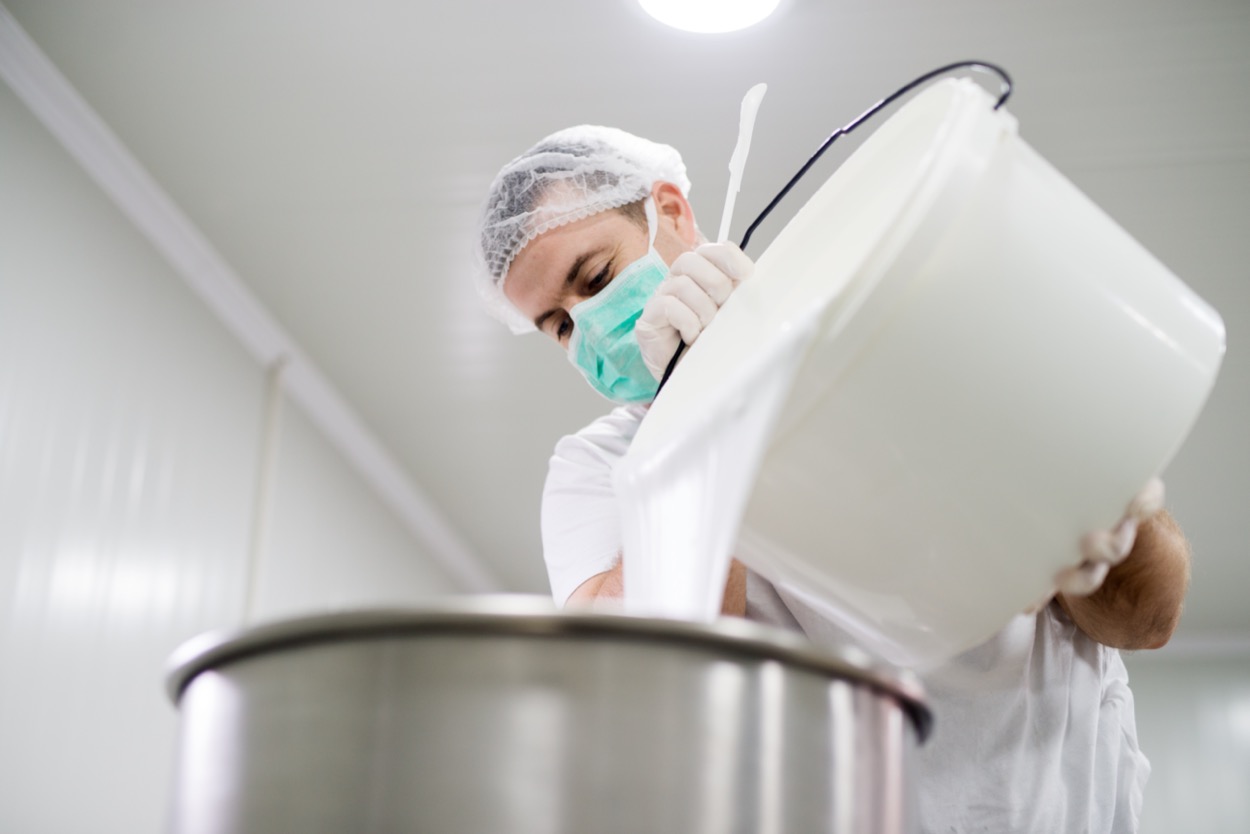
Toxicology knowledge Team Sweden AB
Drug manufacturing support
Introduction:
Drug manufacturing are subjected to rules and regulations to ensure high quality of the drug product and to help keep both patients and workers safe. Regulatory exposure limits, e.g. acceptable levels of impurities, permitted daily exposure values (PDE) and occupational exposure limits (OEL), and the methodology to obtain these are communicated in guidelines issued by authorities.
The limits are based on scientific data obtained in experimental studies (proprietary data, or from the open literature) and/or data from in silico predictions, and are established by an expert in toxicology and risk assessment.

“In the support to clients, experience and scientific excellence makes all the difference.”
TKT provides risk assessment and determination of qualification limits of impurities and degradation products present in the drug substance (Active Pharmaceutical Ingredient) and drug product according to ICH Q3 guidance’s.
TKT also performs evaluation of the mutagenic potential of impurities, so called “Potential Genotoxic Impurity (PGI) assessment” in accordance to ICH M7 guidance.
TKT welcome any type of enquires within chemical risk assessment and provides expert opinion and recommendations on a case-by-case approach. TKT has extensive experience in risk assessment, including determination of OEL and PDE and risk assessment of food contaminants and extractables and leachables in material in contact with a drug product or from medical devices.
In some circumstances it is possible to utilize computer-based analysis in the chemical risk assessment. TKT offers predictions using the in silico tools Derek Nexus and Leadscope. Our clients have appreciated this type of analysis as they sometimes can be regarded as a plausible substitute for experimental data, saving both time and resources.

“In worst case, we would have faced a production delay, but the expert report from TKT was the key to success.”

Common queries to TKT
What is the difference between PDE and OEL and do we really need both?

The risk assessments and resulting reports for an occupational exposure limit or band (OEL or OEB) and for a permitted daily exposure value (PDE) are governed by different guidelines. OEL/OEB sets limits for inhalation of the chemical in the work environment. A PDE can be used for many purposes and sets limits for any route of exposure of the chemical to patients or the general public. In the drug manufacturing it is used for cleaning validation to ensure acceptable levels of contaminants between production of different pharmaceuticals – to protect the quality of your product and the health of patients.
We have a batch of drug product where the level of one of the impurities are above the specification limit. Can TKT help us assess if this higher level of impurity is safe?

“TKT welcomes any type of enquires within chemical risk assessment and provides expert opinion and recommendations on a case-by-case basis.”
Yes, TKT can risk assess substances and make a justifiable and knowledge-based determination of safe limits using e.g. read-across and computer predictions.
What are the current regulatory demands on data and assessments on Extractables and Leachable (E&L) with regard to drug containers and accessories (e.g. tubes and syringes which are an integrated part of the drug product)?

The responsibility of the manufacturer to provide updated datasets and safety assessments cannot always be achieved with internal resources. Notably, during certain conditions specified in the guidelines, and where the extractables and leachables have been identified and quantified, an in-silico assessment complemented with an expert evaluation might be sufficient, and thus no additional experimental work needs to be performed.
We have received results from an E&L study. Can TKT risk assess the leachables that have been found above the set limits for our medical device?
We have extensive experience in risk assessing extractables and leachables and can report results of the assessment(s) in formal reports, or, if wished, as a short memo. Our formal, signed, reports are ready to use in any regulatory submission/file, as they fully comply with the ISO 10993 standards. If needed, TKT will also provide regulatory accepted in silico/QSAR analyses. Welcome to contact TKT for further discussions on what assistance TKT can provide.

